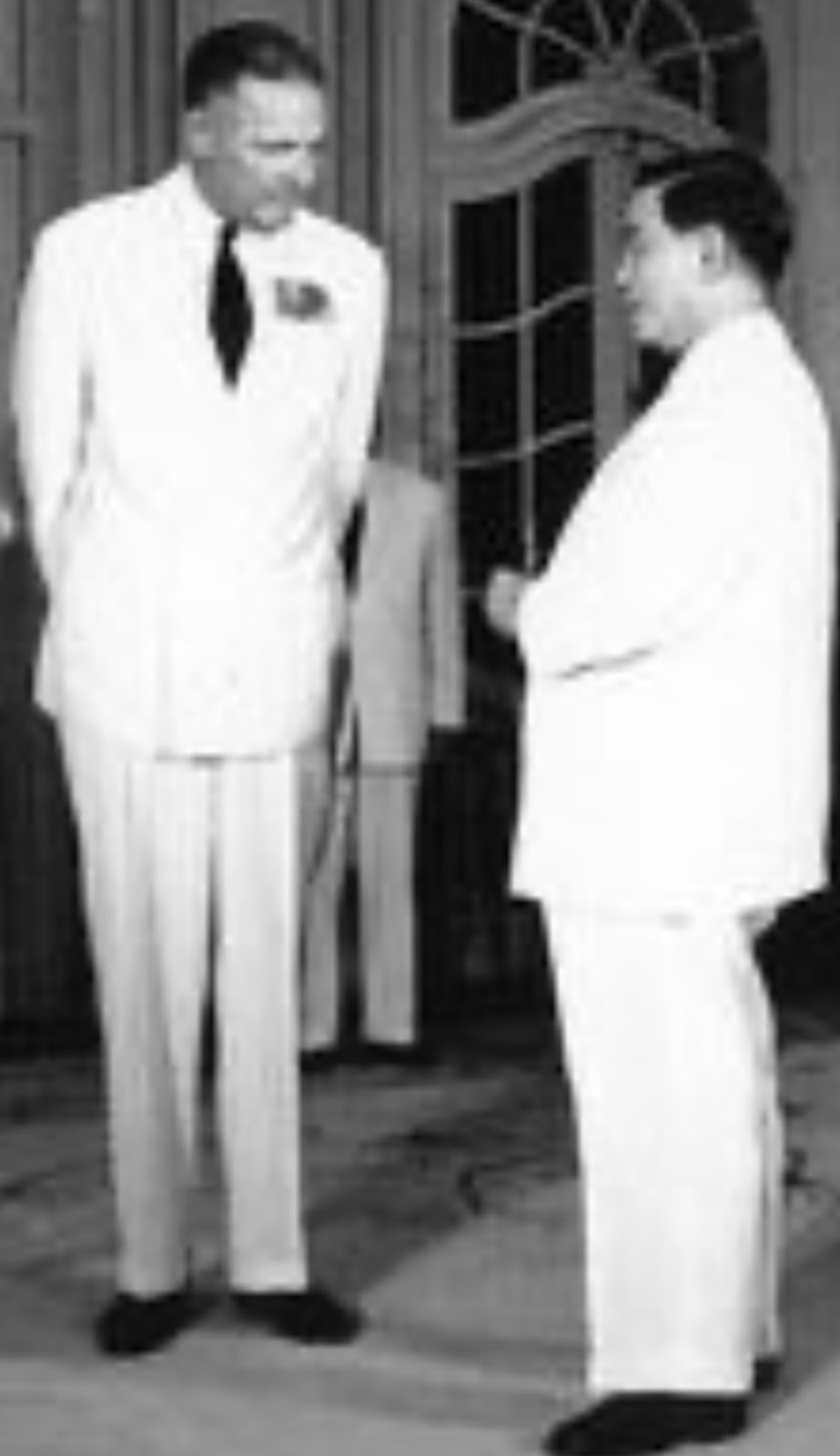Following his arrest at Watergate, Hunt released Give Us This Day, an
autobiography detailing his role in the Bay of Pigs invasion. Hunt candidly states that his
first recommendation to the agency after measuring Cuba’s social climate was to kill
Castro. His superiors tried their best, but success eluded the CIA hit men run by William
Harvey. Hunt characterizes General Charles Cabell as the man most responsible for the
failure of the invasion, because Cabell waited for JFK’s order for a second air strike
instead of initiating the order himself. Among those waiting for the order was Frank
Sturgis.
The Washington Post reporters Woodward and Bernstein in All The President’s
Men described Watergate burglar Hunt as a “psychological warfare expert.” In a second
autobiography, Undercover: Memoirs of an American Secret Agent, E. Howard Hunt
quotes Tacitus, a Roman emperor killed by his own soldiers whose brother is also slain
by the soldiers. In a classic vendetta, revenge must combine both death and disgrace.
If a classicist, sought a vendetta against Charles Cabell and President Kennedy,
the perfect place for the assassination would be Miami where the President had promised
to the invasion brigade members that their flag would fly one day in Cuba.
If a Miami shooting was not possible, revenge would be sweet in Dallas, where
General Charles Cabell’s brother, Earle, was Mayor as part of a long family tradition. For
90 years the Cabell family had been intertwined with running the city and criminal justice
in and around Dallas:1
-
1874-1876 Mayor William L. Cabell
1877-1879 Mayor William L. Cabell
1883-1885 Mayor William L. Cabell (became a U.S. Marshall)
1900-1904 Mayor Ben E. Cabell (previously Sheriff)
1961-1964 Mayor Earle Cabell2 (previously President of Dallas Crime Commission)
Read more »Labels: Aleman, Cabell, Cervera, CIA, Cuba, Dallas, E. Howard Hunt, Ford, FRD, Goldwater, Hugh C. McDonald, Kimsey, Nixon, Oswald, Pawley, Reagan, Rockefeller, Rolando Martinez, Talisman, Watergate


